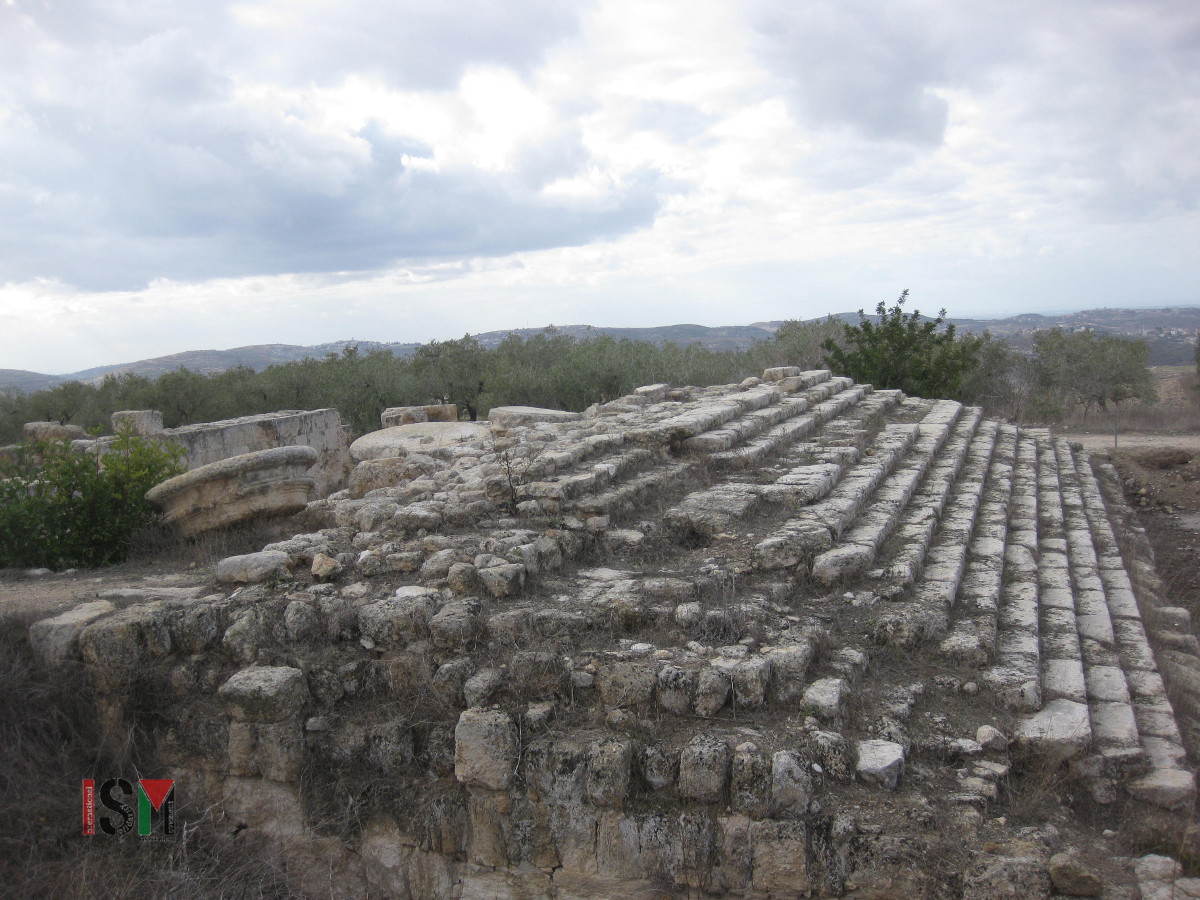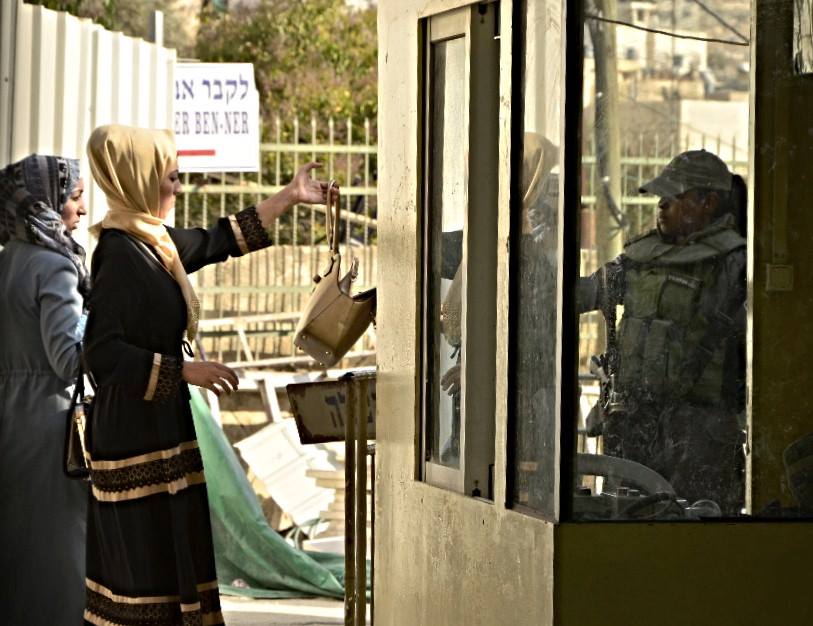Category: Features
-
The checkpoint regime: Israel and the fragmentation of Palestinian society
31st January 2017 | International Solidarity Movement, al-Khalil team | Hebron, occupied Palestine There are 17 permanent checkpoints in the H2 area under full Israeli military control in occupied al-Khalil (Hebron), manned by Israeli forces and impeding Palestinian freedom of movement. The official rhetoric of the Israeli government is that these checkpoints serve ‘security purposes’.…
-
Sebastiya will not be ruined
24 January 2017 | International Solidarity Movement| occupied Palestine The Israeli Forces have been making their presence known in Sebastiya almost daily; sometimes just for show, and other times with bulldozers under the guise of ‘maintence and cleaning’. But, when exactly did a bulldozer ever clean up a site? Instead, what they are doing is…
-
A Day in the life
26 January 2016 | International Solidarity Movement, Al-Khalil team| Hebron, occupied Palestine Al-Khalil is unique from other villages, towns, and cities in the West Bank. Illegal Zionist colonial settlements are situated right in the center of the Old City. Whereas, elsewhere the illegal settlements are outside of the Palestinian towns and cities. This makes life…



